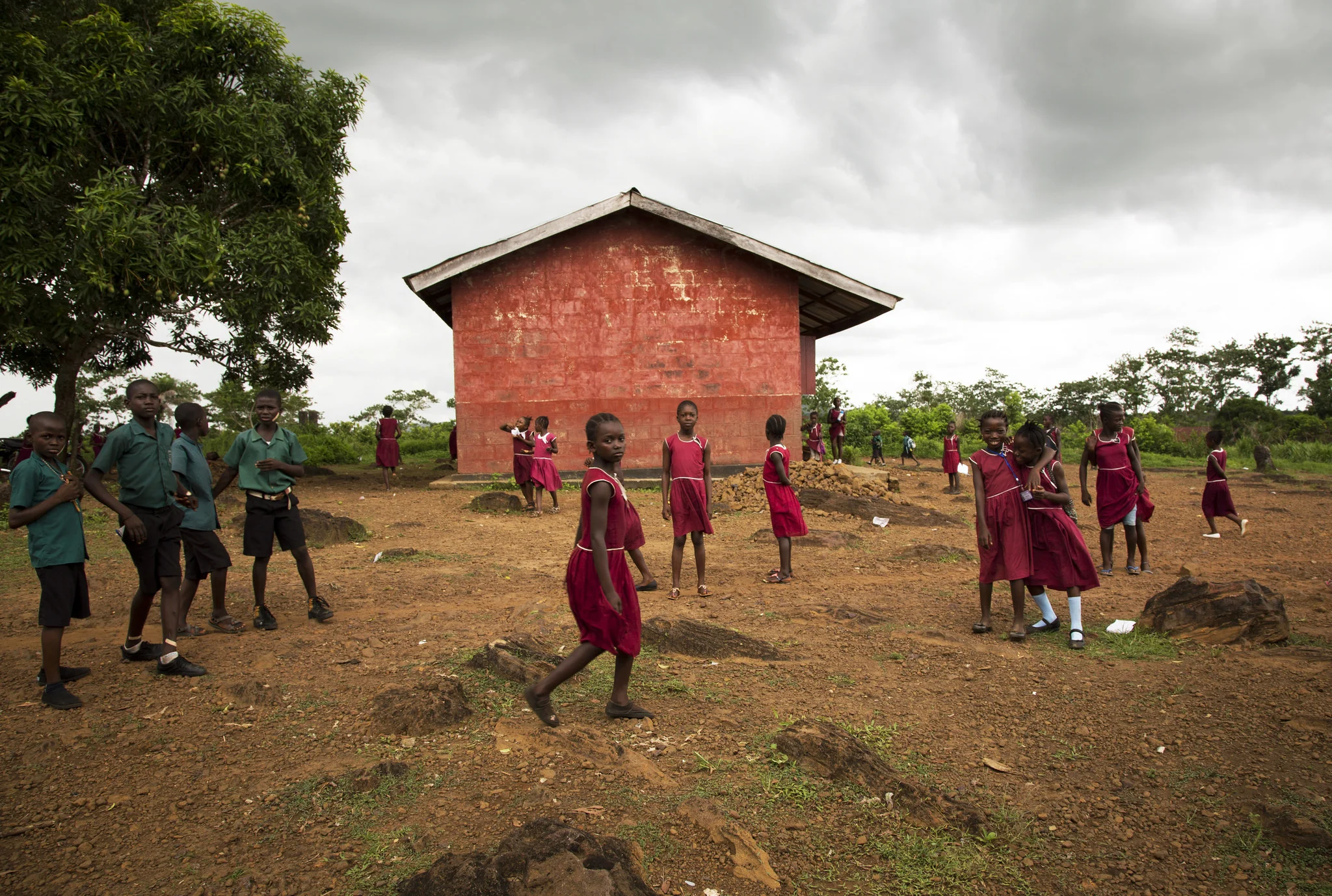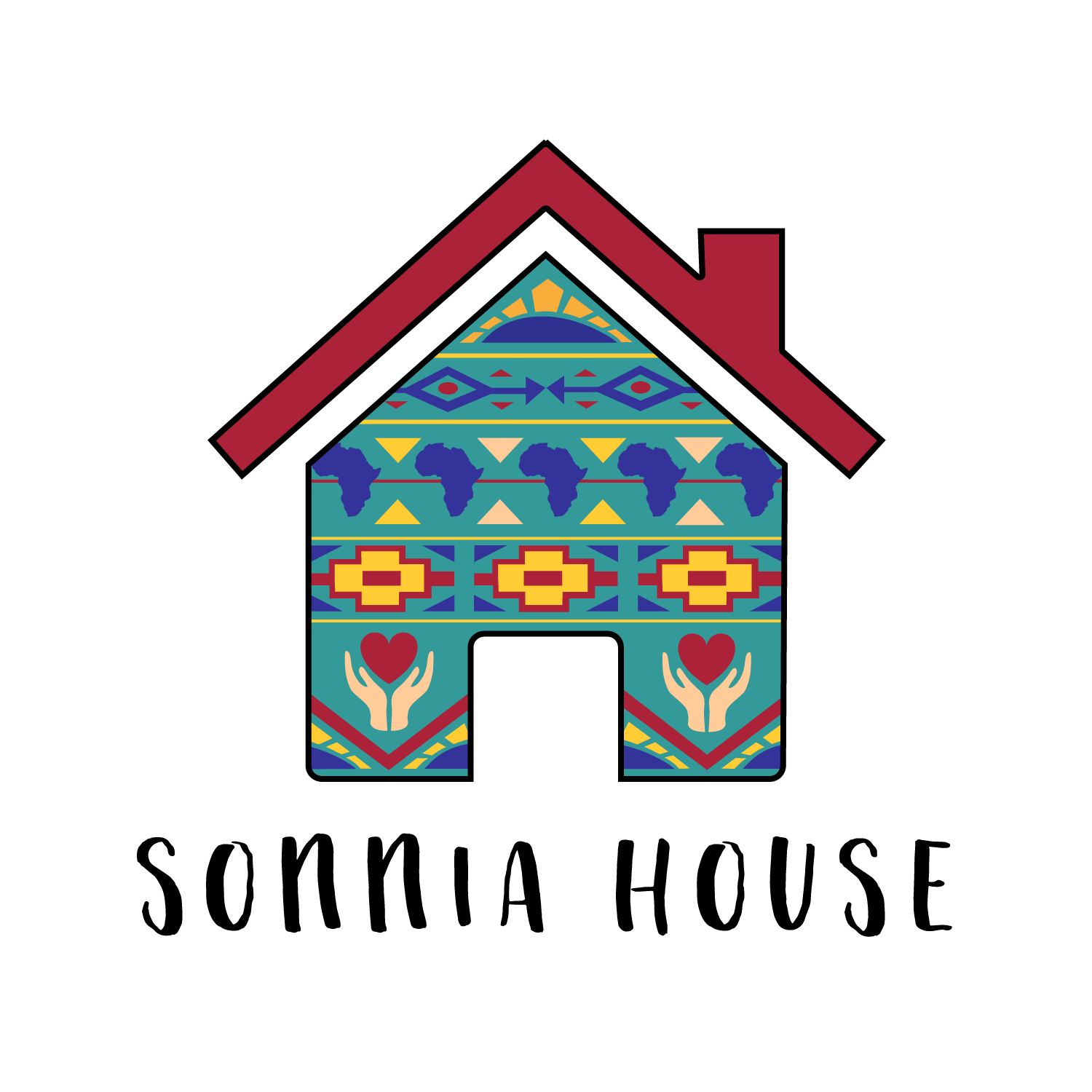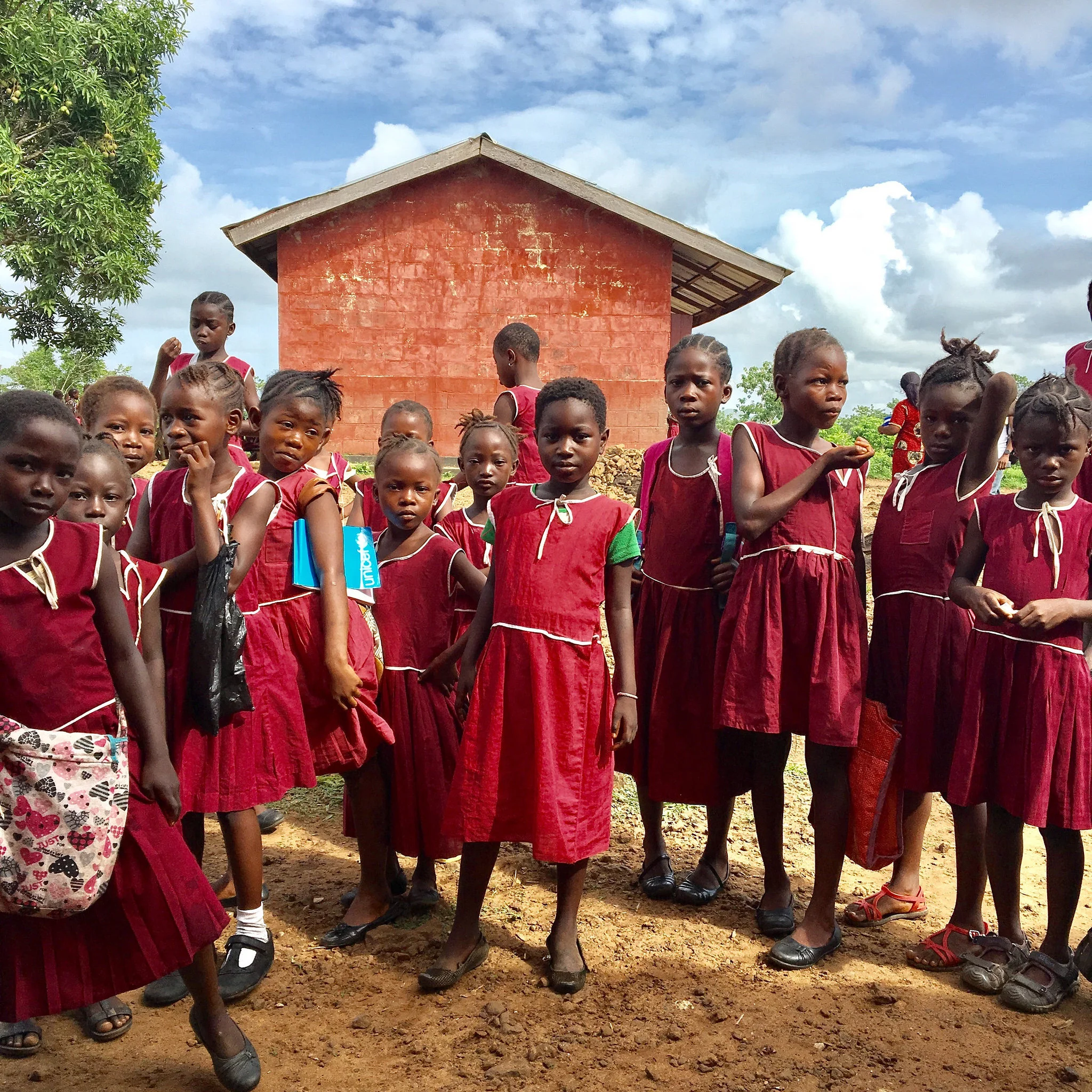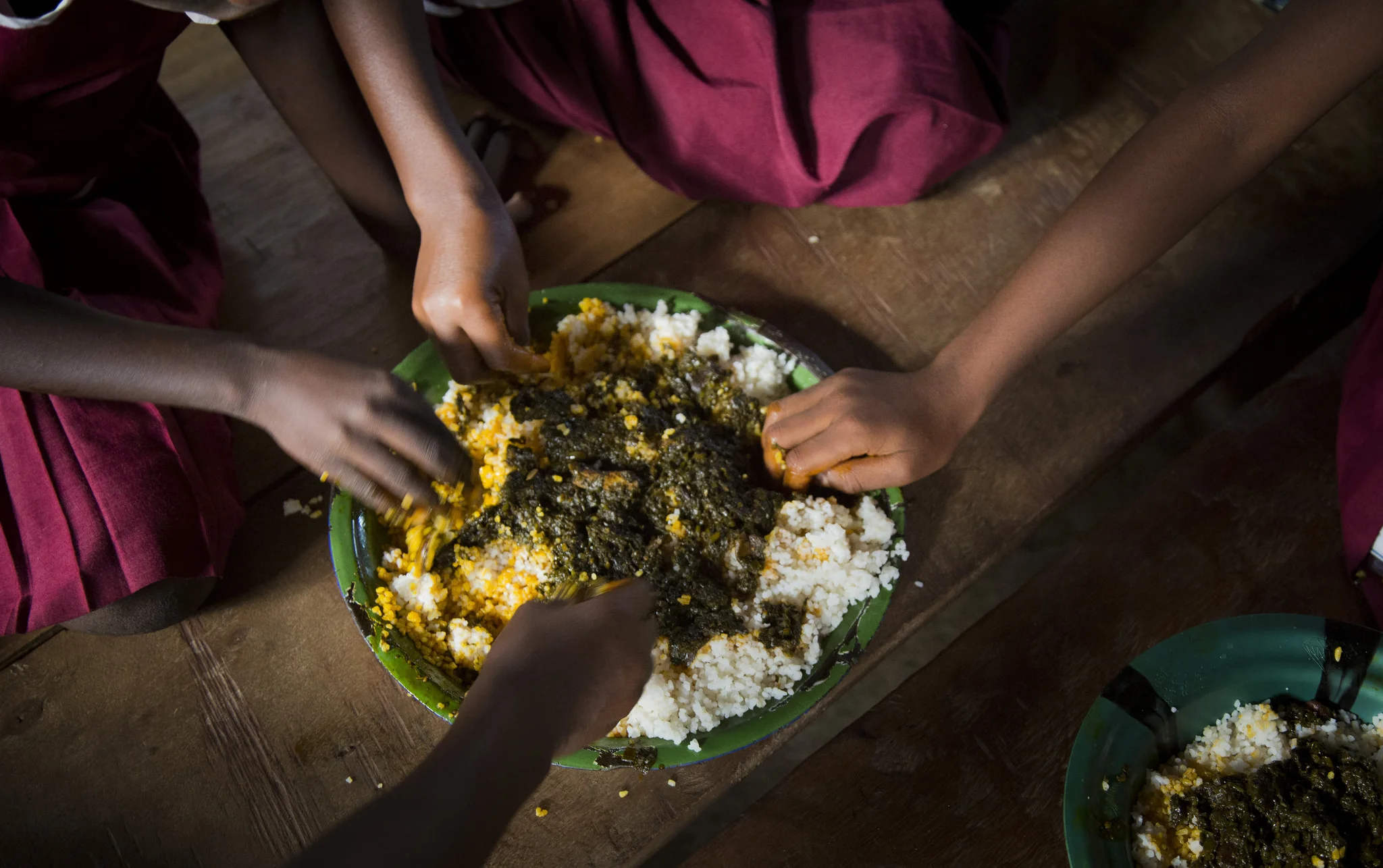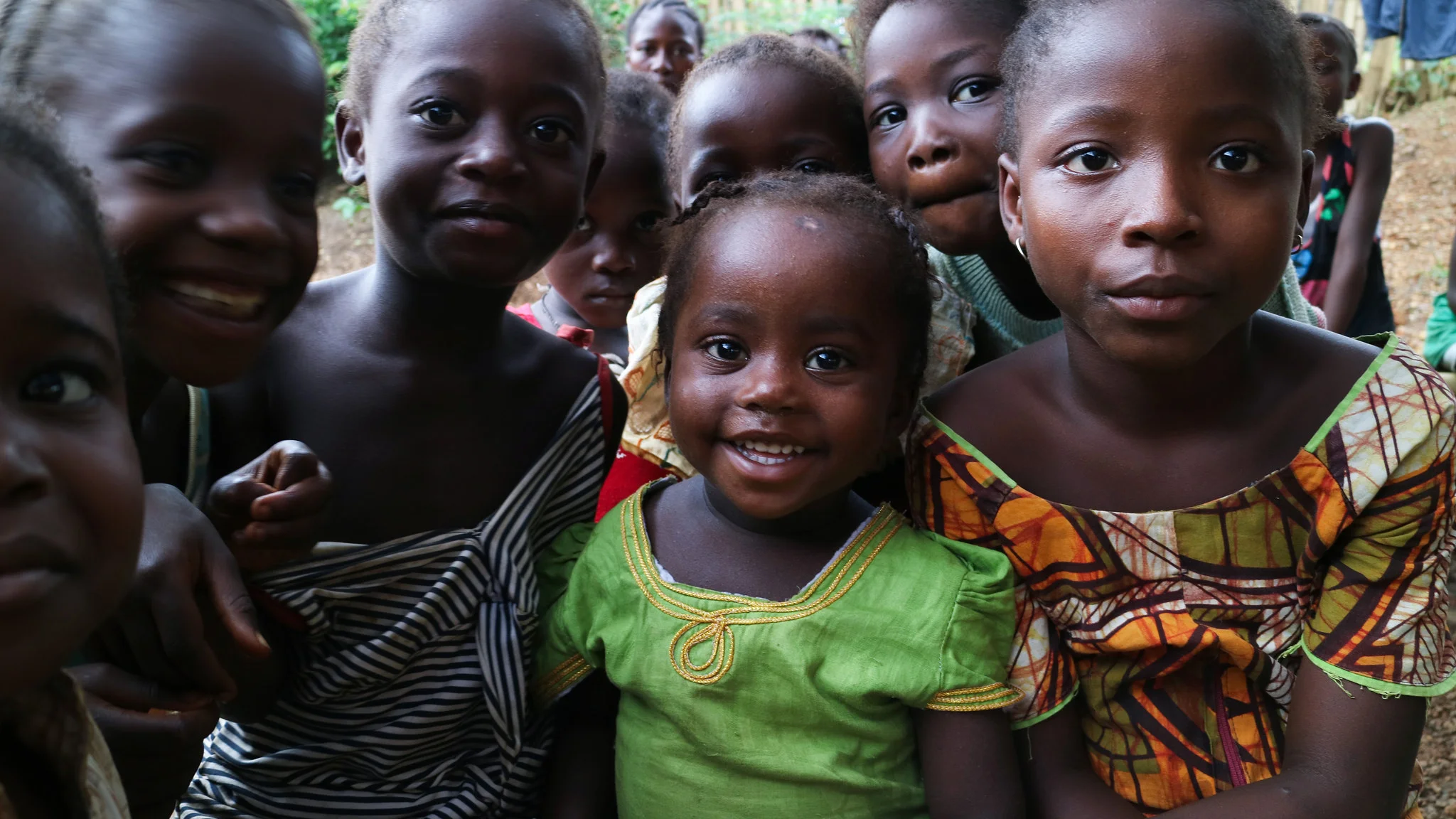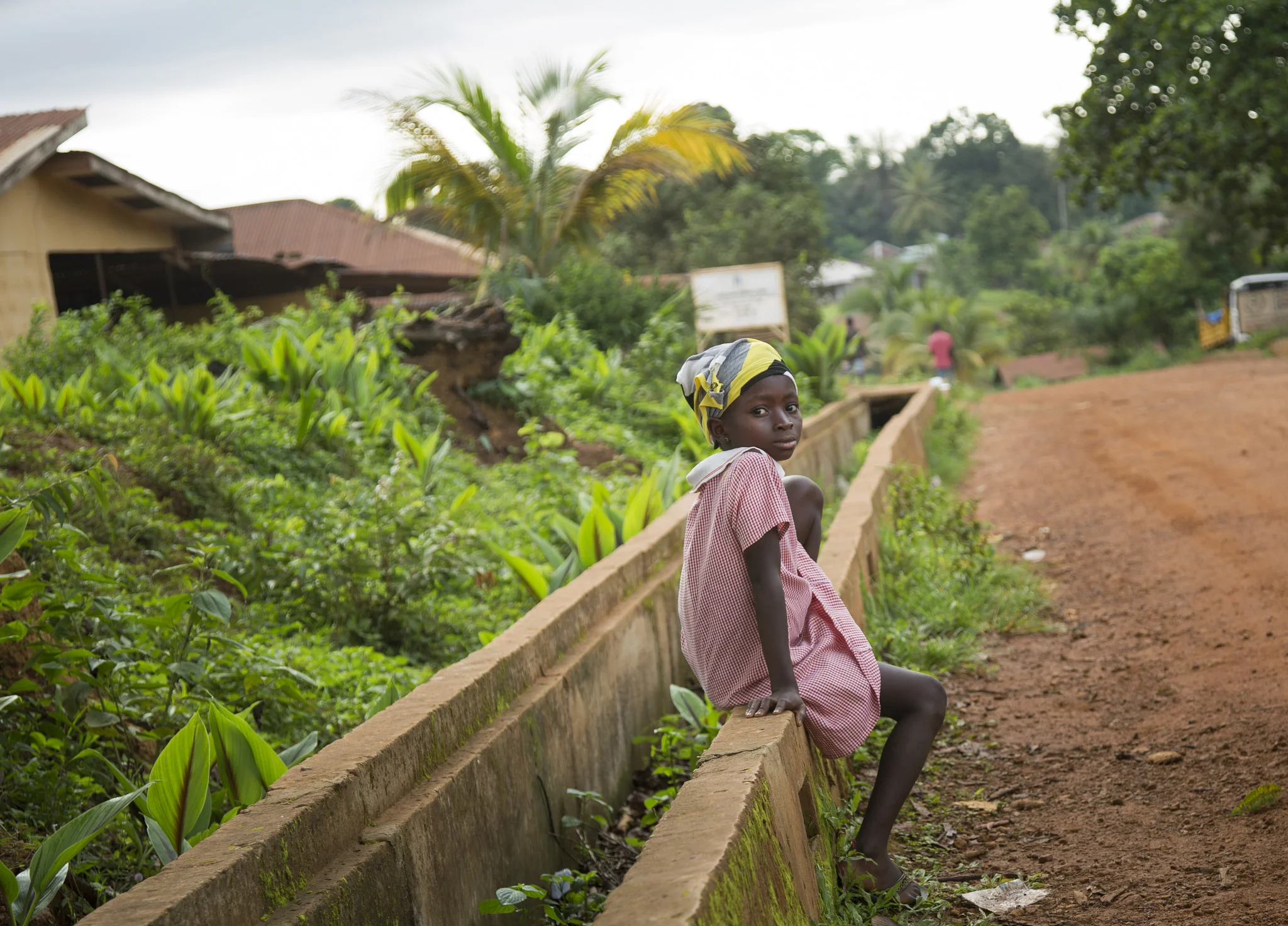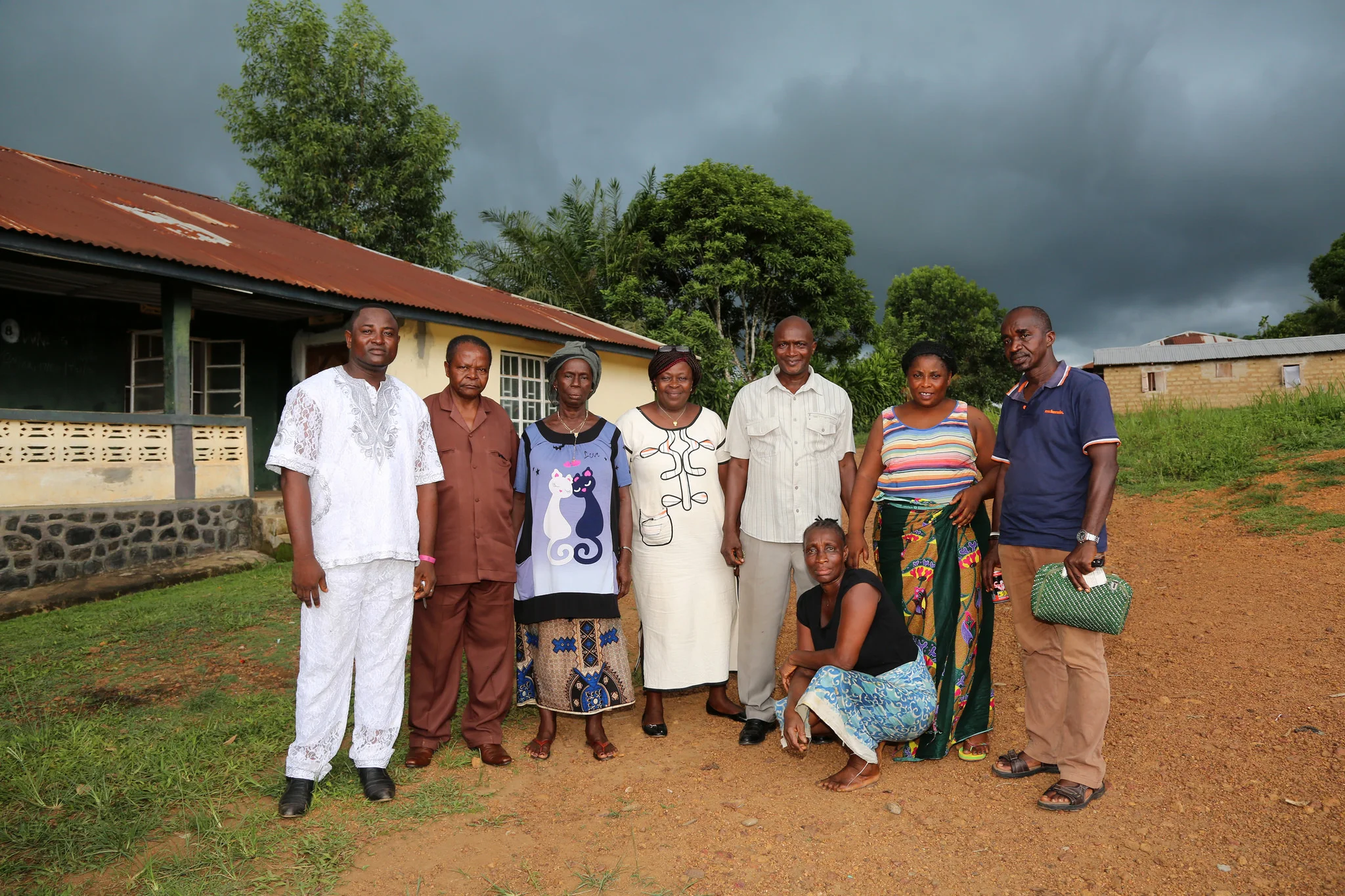A Home for the Children of Mattru Jong
The name Sonnia House is inspired by the story of a young girl from Mattru Jong named Adama Sonnah.
Massah Smith returned to her hometown in Sierra Leone in 2012 for a visit and was sickened to learn what had happened to Adama, the daughter of a college friend. Adama had been conceived when her mother was raped during Sierra Leone’s vicious 1991-2002 Civil War. Her mother died a few days after she was born.
As a product of rape, Adama was considered a “cursed one.” She was taken in by her maternal grandmother, but the grandmother had died when Adama was only eight. Having no one to care for her, the child had to sell herself for sex to survive.
In 2012, when Adama was 16, she was abducted by four men who brutally raped and stabbed her. They dumped her in a cemetery and left her for dead. Someone heard her cries for help, and she was taken to a hospital, but she died from the brutal attack.
During her visit to Sierra Leone in late 2012, she learned that Adama had been murdered. Massah suddenly found her calling.
Even though the war had ended years before, Sierra Leone, considered one of the poorest countries in the world, was wracked with poverty. There was no moral compass. Lives didn’t matter. There was no system to care for children in Mattru Jong, like Adama, who have been abandoned or orphaned, or children whose families could not provide for them.
Sadly, Adama’s story was not unique. Often, the burden of poverty and homelessness leads to sexual exploitation, HIV infection, drug abuse and related violence. Massah decided to start a home for children. She’d call it “Sonnia House.”
Before she returned to her home in Alexandria, Virginia, Massah purchased several acres of land in Mattru Jong. She wanted to build a safe place where the children could be housed, fed and provided with school tuition and uniforms. They’d get an elementary and high school education – a foundation for success in life.
Once back home, Massah set about turning her vision into a reality. She recruited a Board of Directors and was granted tax-exempt status from the federal government.
Sonnia House opened its doors on February 5, 2013 with a staff of four. They began caring for 120 children – a number that continues to grow. It costs over $60,000 to keep the home going every year.
Success stories are mounting: A young girl recovered from malaria. A teenaged boy received emergency surgery for his acute appendicitis. Two children have recovered from the Ebola virus. The trash heaps are no longer populated with children scrounging for food scraps. There are smiles on young faces where there used to be none.
But there’s so much more that can be done. Will you help the children at Sonnia House?
Fatima’s story:
In the summer of 2016 a story similar to Adama’s played out only with a very different ending due to Sonnia House.
Fatima had been living with her grandmother. Like Adama her parents were also deceased. Fatima was born with a damaged leg and was in the care of her grandmother since she was a very young. Fatima’s grandmother took care of her the best she could, but was unable to pay the fees for her to go to school.
When Fatima’s grandmother passed away, unlike Adama, she had a place to go. Now under the care of Sonnia House Fatima attends school, has a safe place to live, eats three nutritious meals a day and has wooden crutches to help her get around.
